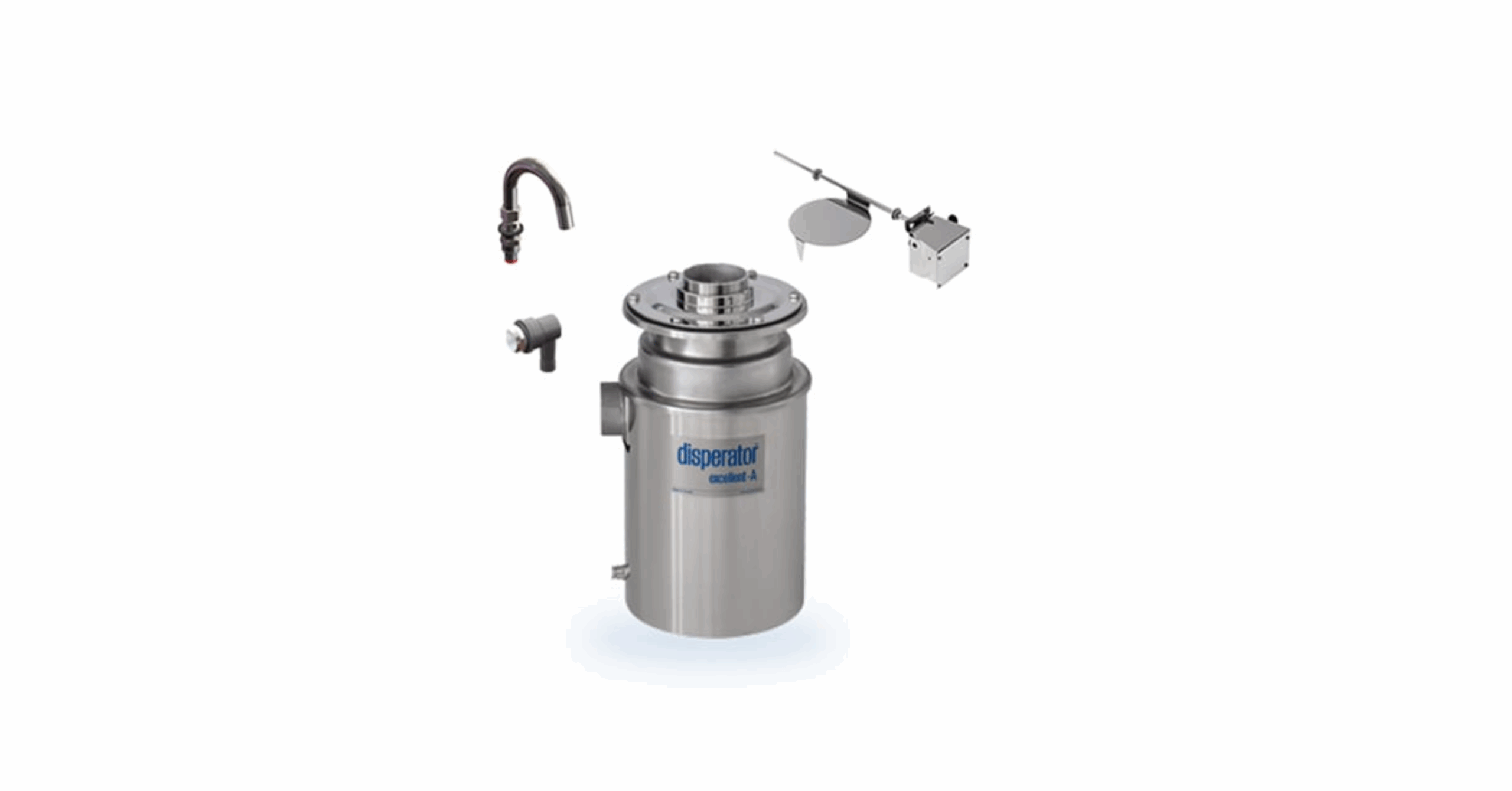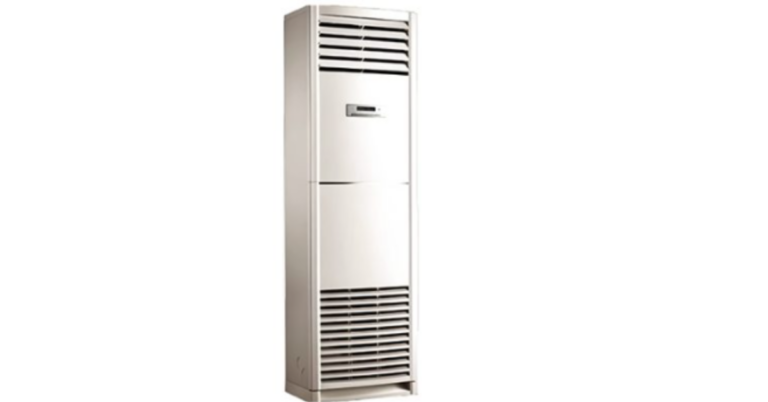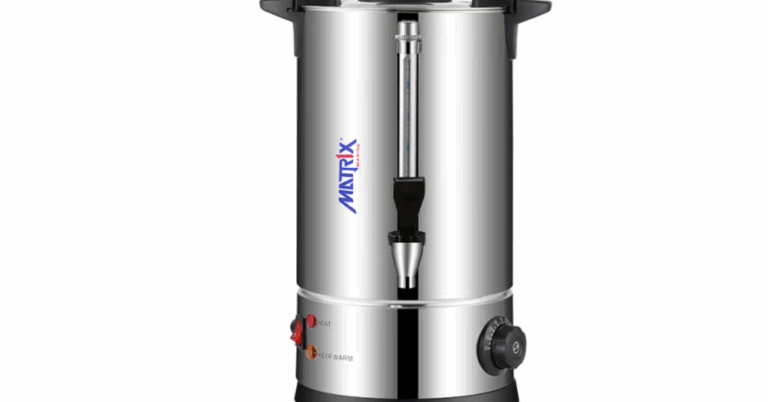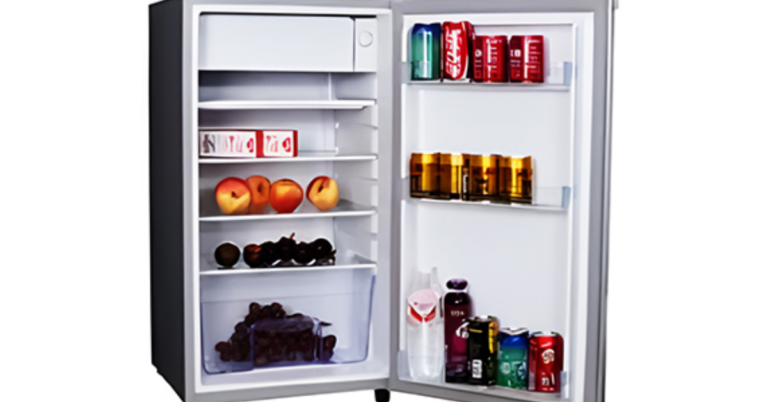Marine Food Waste Disposer For Ships: A Sustainable Solution for Waste Management at Sea
In the ever-evolving maritime industry, environmental responsibility and operational efficiency are two of the most important pillars. Ships, whether they are commercial cargo carriers, luxury cruise liners, or naval vessels, generate a significant amount of organic waste daily. A critical component in managing this waste effectively is the Marine Food Waste Disposer For Ships This specialized piece of equipment plays a vital role in ensuring hygiene, sustainability, and regulatory compliance onboard.
The Growing Need for Efficient Marine Waste Management
With increasing global focus on marine pollution, shipping companies are under pressure to adopt environmentally friendly practices. Food waste, when not properly managed, can lead to unpleasant odors, attract pests, and violate strict environmental regulations set by bodies like the International Maritime Organization (IMO). Traditionally, food waste was either stored onboard for long periods or disposed of improperly, contributing to marine pollution.
The introduction of marine food waste disposers has revolutionized how ships handle organic waste. These systems grind food scraps into smaller particles, which are then processed according to the ship’s waste treatment protocols. This not only enhances onboard sanitation but also aligns with international environmental standards.
How Marine Food Waste Disposers Work
A Marine Food Waste Disposer For Ships is engineered to withstand the harsh conditions at sea while effectively reducing food waste volume. The basic operation involves:
-
Collection: Food scraps from the galley or mess areas are collected.
-
Grinding: These scraps are fed into the disposer, where sharp rotating blades grind them into fine particles.
-
Disposal or Storage: Depending on the ship’s system and the governing regulations, the processed waste can either be sent to holding tanks for future discharge in approved areas or treated further for onboard incineration or composting.
Most modern systems also come with automatic shutdown mechanisms, corrosion-resistant components, and energy-efficient motors, making them reliable and long-lasting.
Environmental and Operational Benefits
Installing a marine food waste disposer offers several tangible benefits for ship operators and the environment:
-
Regulatory Compliance: Helps ships meet the requirements of MARPOL Annex V, which governs the disposal of garbage at sea.
-
Reduced Storage Needs: Significantly decreases the volume of waste that needs to be stored onboard, freeing up valuable space.
-
Enhanced Hygiene: Limits the risk of pest infestations and foul odors, promoting a cleaner and safer working environment.
-
Operational Efficiency: Streamlines galley operations by simplifying waste handling and reducing crew workload.
Incorporating a Marine Food Waste Disposer For Ships into daily operations reflects a proactive approach to environmental stewardship and crew welfare.
Choosing the Right Marine Food Waste Disposer
Selecting the right equipment depends on several factors including ship size, type of operation, and volume of waste generated. Here are some considerations to keep in mind:
-
Capacity: Cruise ships with large numbers of passengers require high-capacity systems, while smaller vessels might only need a compact unit.
-
Material Quality: Equipment should be made of stainless steel or other corrosion-resistant materials to endure the marine environment.
-
Ease of Maintenance: Choose a model with easily accessible parts and simple cleaning mechanisms to reduce downtime.
-
Energy Efficiency: Look for units that consume minimal power while maintaining performance, especially important for energy-conscious vessels.
When investing in a Marine Food Waste Disposer For Ships, it’s crucial to work with a reputable supplier who understands maritime regulations and can provide reliable after-sales support.
Integration with Modern Ship Systems
Today’s ships are smarter than ever before. Waste management systems, including food disposers, are increasingly being integrated with other onboard technologies. This integration allows for centralized monitoring, real-time diagnostics, and automated controls. Crew members can track performance metrics, detect faults early, and ensure optimal functioning.
Some advanced systems also come with features like noise reduction, automatic shut-off, and overload protection. These technological enhancements make marine food waste disposers safer and more user-friendly, further improving operational efficiency.
Sustainability and Corporate Responsibility
Shipping companies are under growing scrutiny from regulators, customers, and environmental groups. Demonstrating a commitment to sustainability is not just good practice—it’s also a competitive advantage. Proper waste management, especially food waste, is an essential part of a vessel’s environmental strategy.
Using a Marine Food Waste Disposer For Ships helps reduce the ecological footprint of maritime operations. It minimizes waste discharge into the ocean, supports recycling efforts, and complements broader green initiatives such as energy-efficient propulsion and renewable energy integration onboard.
Training and Crew Awareness
Equipping a ship with the best equipment is only half the battle. The effectiveness of a marine food waste disposer depends on how well the crew is trained in its use and maintenance. Regular training sessions should be held to educate crew members about the importance of proper waste segregation, operating procedures, and routine maintenance checks.
By fostering a culture of environmental responsibility and operational discipline, ships can maximize the benefits of their food waste management systems.
Conclusion
As the maritime industry sails toward a greener future, onboard waste management systems will continue to evolve. The Marine Food Waste Disposer For Ships stands out as a crucial tool in this transformation. It not only streamlines operations and enhances hygiene but also aligns with the global push for sustainable shipping practices.
By investing in high-quality, durable, and efficient food waste disposers, ship owners and operators can meet regulatory demands, reduce environmental impact, and contribute to the preservation of our oceans. Whether managing a luxury cruise ship or a commercial freighter, integrating a marine food waste disposer is a smart and responsible choice for the modern maritime industry.




